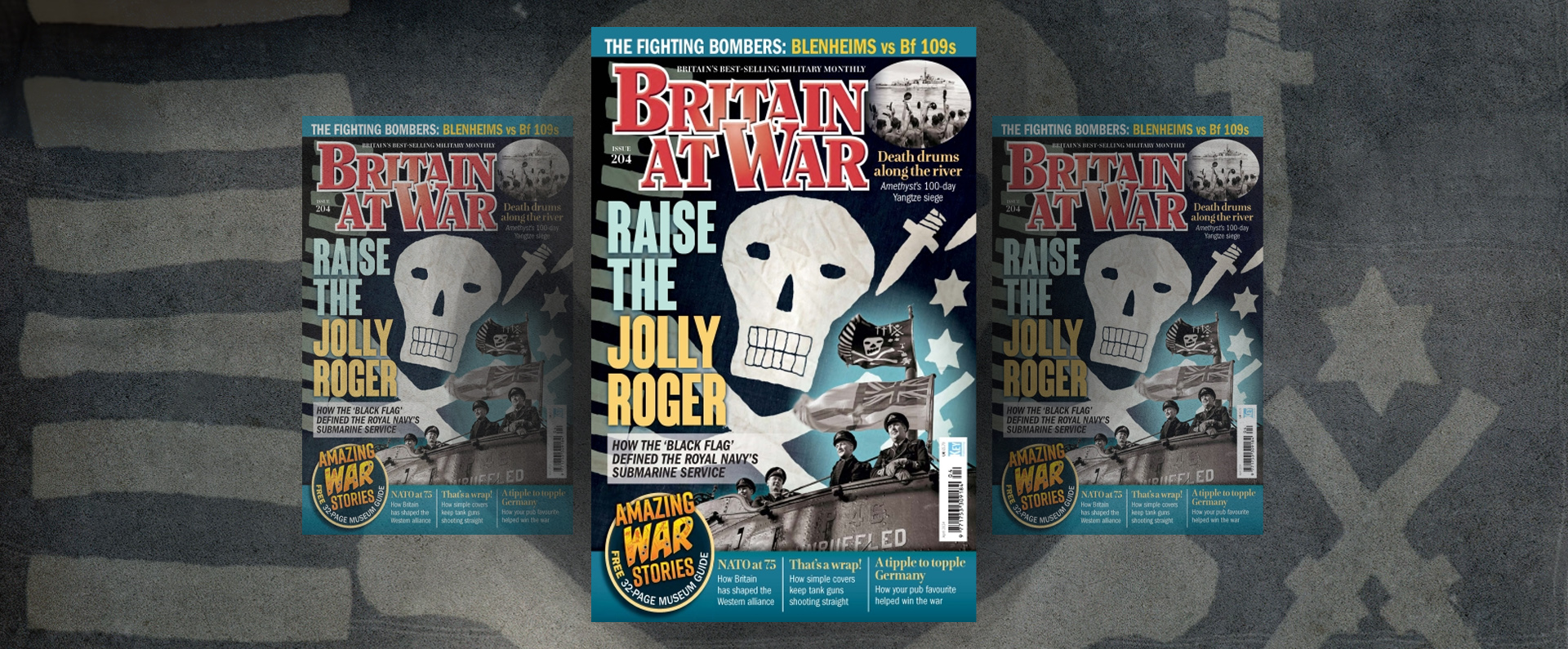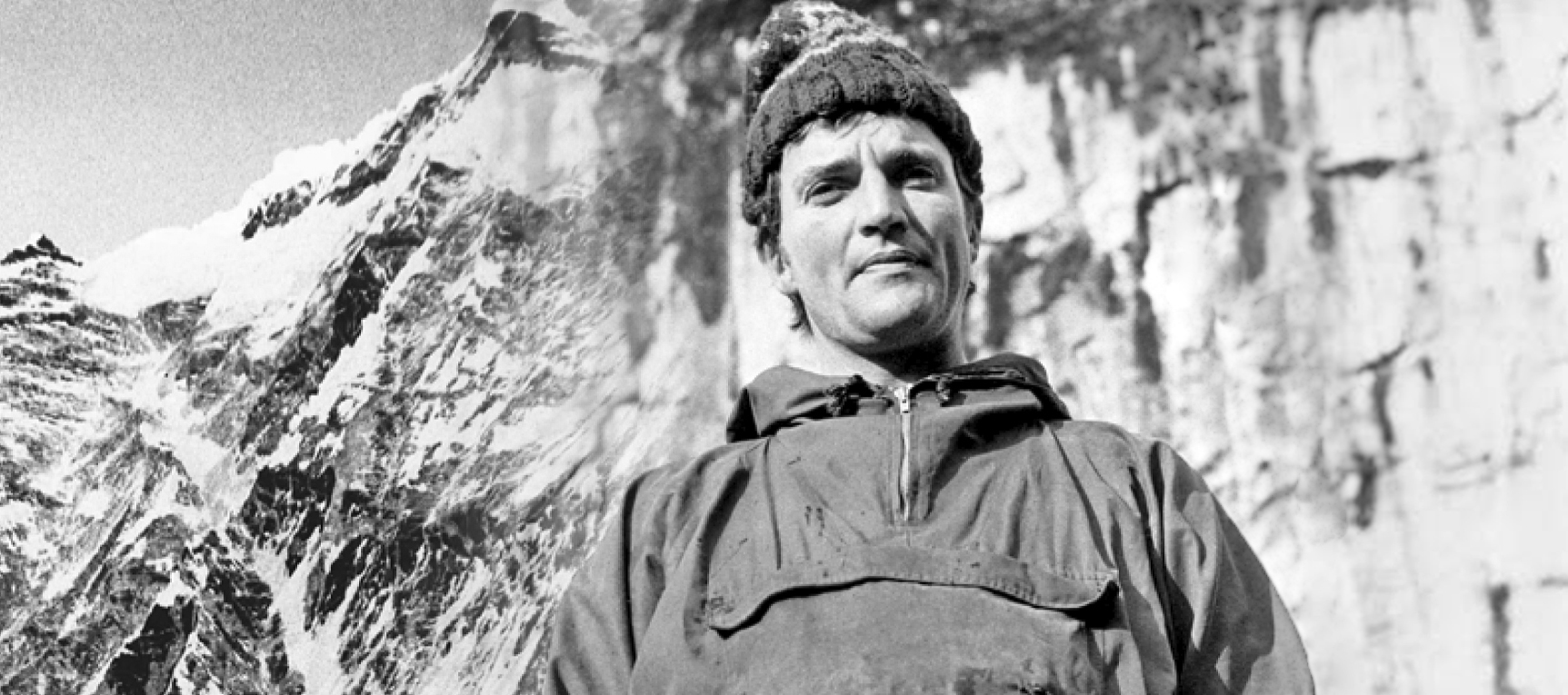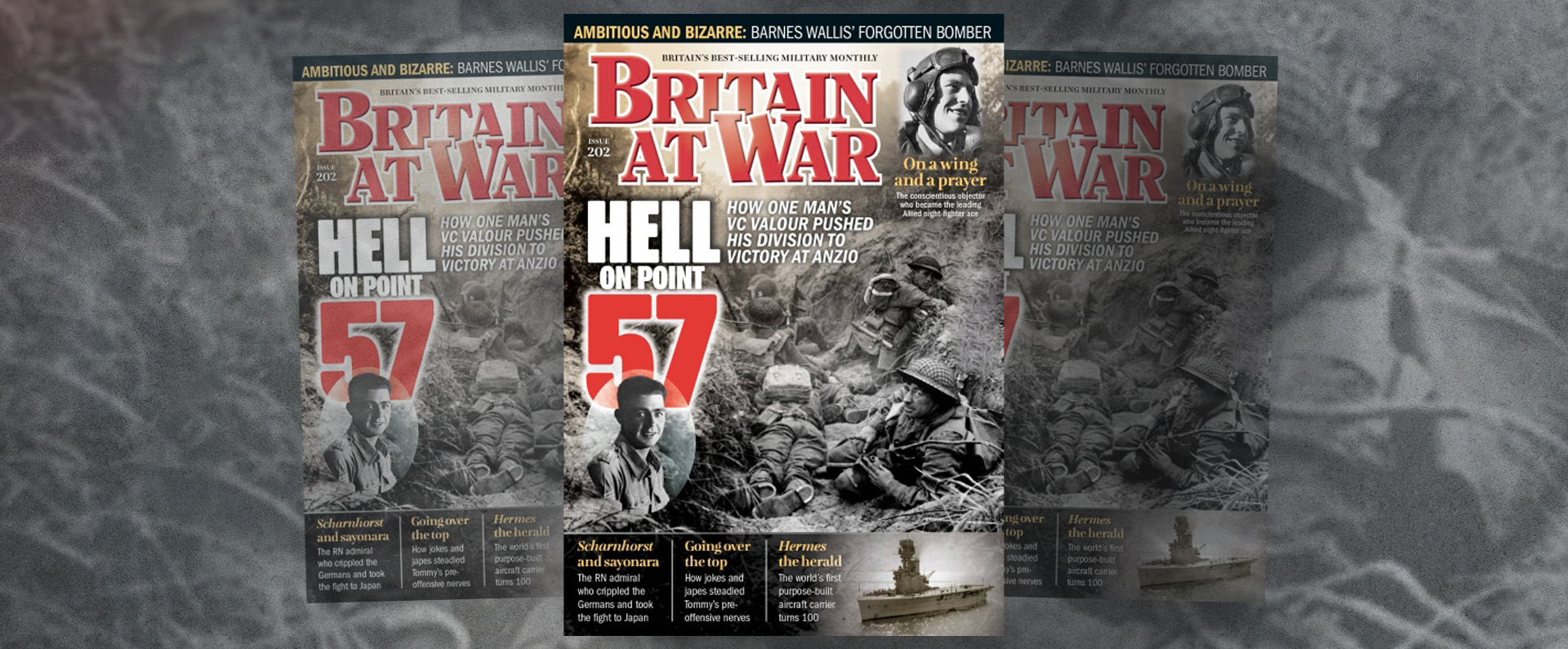
Dame Vera Lynn, the so-called “Forces’ Sweetheart” from the Second World War, is 100 years old on Monday (March 20). For nearly eight decades, she has enjoyed fame as a singer, songwriter and actress.
During the 1939-45 conflict, she toured Egypt, India and Burma for the Entertainments National Service Association (ENSA). Her most popular songs have included We’ll Meet Again, The White Cliffs of Dover and There’ll Always Be an England.
Her wartime popularity led to an astonishing career and in 2009, aged 92, she became the oldest living artist to top the UK Albums’ Chart. Her charity work has gone hand in hand with her career: she has worked with ex-servicemen, disabled children and breast cancer sufferers.
She was made a dame in the Queen’s Birthday Honours of 1975 for her services to charity. In 2000, Dame Vera was named the Briton who best exemplified the spirit of the 20th century.
Born “Vera Margaret Welch” in East Ham, Essex, on March 20 1917, she was married in 1941 to Harry Lewis, a saxophonist and clarinetist, who served in the RAF during the war. He died in 1998 aged 83. The couple had one daughter, Virginia, who now helps to look after her mother. Dame Vera has lived in Ditchling, Sussex, for more than half a century.
Today, Dame Vera releases a new album, “Vera Lynn 100”, and tomorrow evening there will be a stage show at the London Palladium, “100: A Tribute to Dame Vera Lynn”. Both will raise funds for her children’s charity.
Dame Vera is aware of my work as a “champion of courage” – including amassing the world’s largest collection of Victoria Crosses (VCs) and writing six books on gallantry – and also of my support for charitable causes linked to our Armed Forces and bravery.
As she approaches her 100th birthday, I had hoped to interview Dame Vera at her home but she is currently too frail to give a lengthy face-to-face interview.
However, instead she graciously agreed to provide an online response to 25 questions about her life and career. Here, I publish my questions and her responses in full as a 100th birthday tribute to someone who has done so much for our nation.
– – –
How do you feel to have been an iconic figure – a “national treasure” – in support of our Armed Forces for more than 75 years?
I feel very honoured that people regard me in this way. I am always humbled to hear that my music has touched their hearts and left such a lasting impression.
What do you consider to have been the greatest achievement of your long life?
I would probably say being named the “Forces’ Sweetheart” and visiting Burma [1945] to sing for the boys, after only being able to write to them. There was no electricity, and we had to plug the microphone into the floodlights, but it was such an honour to bring them some joy while they were fighting for our freedom.
When you released your first single in 1940, did you ever imagine the career success that lay ahead for you?
No, I don’t think I could ever have imagined such a long, diverse and interesting career.
What are your most vivid memories of your Second World War role?
As I mentioned above, the time I spent in Burma was very special. Generally speaking, nobody was going there. Some performers went to the large cities, but no one had been into the jungle… perhaps because there was no electricity or running water!
I wanted to be able to cheer the boys up, and the appreciation I received from them was something that has always remained a cherished memory. It meant so much to them that I had taken such a long journey just to say hello and sing some songs but I was truly honoured to remind them of home.
Did your wartime experiences make you really appreciate the value of courage?
Yes, of course. So many brave young boys made sacrifices for our freedom – they left their families for years, put themselves in the most terrible of dangers, and many gave their lives. It is important we never forget what price they paid to keep us safe.
Do you still have any contact with any of the ex-servicemen from the Second World War?
Yes, I am in regular contact with lots of the ex-servicemen’s charities that I have been pleased to be associated with over many years.
Do you still think about the men who did not make it home?
Constantly. They paid the ultimate sacrifice for our freedom – the least we can do is honour their memory.
What is your all-time favourite wartime song (that you personally sang) – and why?
‘We’ll Meet Again’ is an all-time favourite. Its lyrics span all times, all generations and all people – it captured the mood of the nation during the war, but also expressed a more universal and timeless feeling about being separated from loved ones.
Where were you on VE Day, 1945, and how did you mark it?
I wasn’t actually in England as we were returning from Burma. We had stopped in Belgium. On the plane, I heard all the celebrations on the aeroplane intercom. Even though I was unable to join in on the celebrations though, there was of course a collective sense of joy.
How do you feel to have (almost) reached the landmark age of 100?
I feel very, very privileged indeed. I take every day as it comes, and try to enjoy every moment.
How will you mark your special birthday?
We will be celebrating at my home in Ditchling, with a tea party for my close family and friends.
Presumably, you will receive a telegram/goodwill message from the Queen – what sort of relationship have you enjoyed with the Queen over the decades?
I have been very fortunate to meet Her Majesty and other members of the royal family on many occasions over the years. I clearly remember one time when the Queen asked me how I managed to balance business with family life. She is always so knowledgeable about the people she meets.
You were made a Dame in 1975 for your services to our troops. What do you remember of your visit to Buckingham Palace and what did the Queen say to you on your special day?
I remember the occasion very clearly. I was truly humbled that The Queen knew of my connection with the Forces, and my work with other charities.
Do you think the Queen does a good job as the Head of our Armed Forces?
Yes, of course.
What do you think of our modern Armed Forces and our “brave boys” who have to serve in dangerous places such as Iraq and Afghanistan?
All of those serving our country are deeply deserving of our gratitude.
Do you think we, as a nation, value our Armed Forces and bravery enough?
We can never thank them enough for all they have done, and continue to do, for us. I have the highest regard for them all.
It is wonderful that you are releasing an album on March 17 to mark your 100th birthday. Why have you decided to do this?
I have been humbled by the continued interest in my music, and we felt that my milestone birthday presented an opportunity to raise funds for the Children’s Charity (www.dvlcc.org.uk)
Why and when did you decide to use your iconic status to conduct charity work?
I have always believed in the importance of charity – there are so many worthy causes in the world, and it is our duty to help those less fortunate than we are.
What made you decide to run a children’s charity?
When the Charity was founded in 1955, there were no fundraising initiatives for children with cerebral palsy, even though it is such an important cause and one especially close to my heart. I worked with the other trustees, David Jacobs, Lady Jane Westmorland and Wilfred Pickles, to highlight the issue, and I’ve been delighted to see the Charity develop and expand its remit.
Are you proud of what you have achieved through your charity work?
Although I would not use the word “proud”, I am very pleased to use my name to support worthwhile charities.
How do you spend most of your time these days: do you still paint watercolours and even enjoy singing to yourself?
Strangely, I don’t sing about the house. I spend my time keeping an active interest in my family, friends and the business, as well as reading. I particularly enjoy crime thrillers.
Do you spend much time in your “Hall of Fame” – your room at home where you have your photographs and all your memorabilia?
There are photographs and memorabilia throughout my home. I enjoy looking back at photos, particularly from that special era.
It is clear that you had a long and happy marriage to Harry Lewis. What was your late husband like and do you still have fond memories of your time together?
Yes, lots of very fond memories of course. They were very happy days, and having Harry by my side was a great help for me and enabled me to carry on with my profession.
You are fortunate to have wonderful family support. Is it a great comfort that your daughter, Virginia, and son-in-law, Tom, live next door and can help look after you?
It’s wonderful to be so close to my daughter and her husband. They have always been willing to help me during my career, and ever since.
How would you like to be remembered/what do you hope is your legacy?
I hope I will be remembered for my music. Looking back, I am so thankful that I was able to help people through my music and connections.
This article was first published on ConservativeHome.com on 17 March 2017



